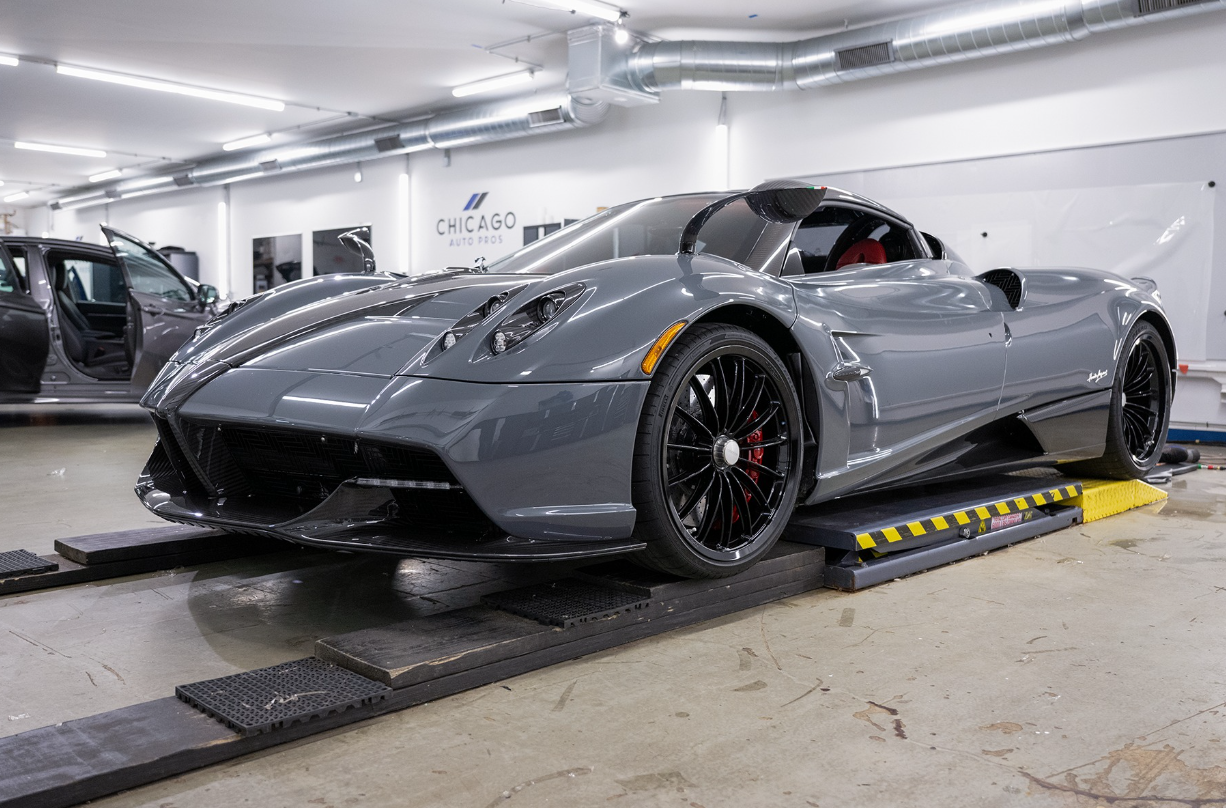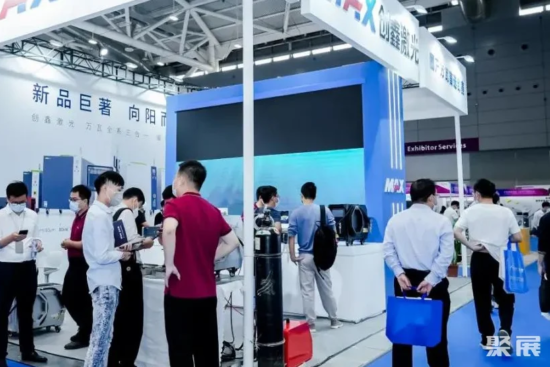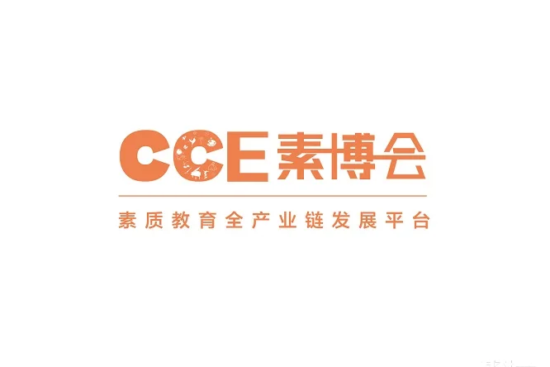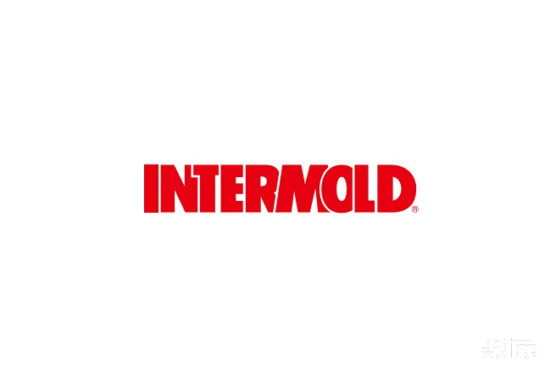
Identifying a skilled PPF installer is like finding a trustworthy mechanic. Their reliable craftsmanship significantly impacts your automobile’s protection and longevity. Dig deep into their reputation by researching online forums and reviews or attending automotive events where you can assess their competency firsthand. Recall that experience in this field plays an essential role; therefore, look out for those with an extensive installation record, notably on cars similar to yours. Let’s now take a closer look at how thorough research can aid your selection process.
Research and Selection of PPF Installers
Choosing a PPF installer for your vehicle is a significant decision. You want to be sure that you’re entrusting your vehicle to someone who has the necessary skills and experience to do the job right. To start off, it’s essential to use various sources, such as online searches, automotive forums, and review platforms, to create a list of potential PPF installers in your area or within a reasonable distance.
Consider reaching out to fellow car enthusiasts and industry experts for recommendations. Their personal experiences and insights can provide valuable information that may not be readily available through other channels. Additionally, visiting car shows or industry events where installers showcase their work is an excellent opportunity to interact with them in person, ask questions, and assess the quality of their finished projects.
When browsing online, look for installers with a strong online presence. A professional website that showcases their previous work, along with positive reviews from trusted automotive websites, can be a strong indicator of their expertise and customer satisfaction.
For instance, if an installer frequently attends these events or showcases their work in relevant forums, it demonstrates their commitment to their craft and their willingness to engage with potential customers. These interactions provide insight into their professionalism, knowledge, and dedication to the industry.
Remember, thorough research at this stage can save you a lot of hassle down the road. Soak up as much information as you can from these various sources before narrowing down your list of potential installers.
Assessing the Level of Experience
When it comes to protecting your vehicle with
paint protection film (PPF), experience matters. You wouldn’t want to trust your beloved car to someone who is still learning the ropes, right? This means we need to examine not only the number of years an installer has been in business but also how many vehicles they have installed PPF on and their satisfaction ratings.
Consider this: If an installer has been in the industry for over a decade and has worked on hundreds of vehicles, they likely have a deep understanding of various vehicle makes and models, as well as different application techniques. This level of exposure and expertise can significantly impact the quality of the PPF installation on your specific vehicle.
Imagine if a PPF installer has worked primarily on sports cars or luxury vehicles and you’re bringing in your family SUV—their experience may not fully align with your needs. On the other hand, if they have a proven track record with similar vehicles to yours, you can feel more confident in their abilities.
So, how do you assess an installer’s level of experience? Here are some key questions to consider:
- Years of Experience: How long has the installer been working with PPF?
- Number of Installations: How many vehicles have they installed PPF on?
- Percentage of Customer Satisfaction Ratings:
What percentage of their customers have been satisfied with the installations?
Certification and Training
Experience isn’t just about time in the industry—it’s also about the knowledge and training an installer has acquired. Consider whether the installer holds certifications from reputable organizations. These certifications often come with rigorous training programs and exams, ensuring that certified installers have comprehensive knowledge about PPF installation techniques and product specifics. Certifications also reflect commitment—one must meet certain standards and continuously update their skills to maintain their certification status. So, by choosing a certified installer, you’re essentially tapping into a higher level of expertise backed by industry-recognized qualifications.
Warranty Offerings
Another sign of an experienced PPF installer is their warranty offerings. Strong warranties from certified installers cover material defects and workmanship, adding assurance to your investment. They provide peace of mind, knowing that any issues arising from the installation will be taken care of, reflecting the confidence an installer has in their own work.
For example, if an installer offers a comprehensive warranty that exceeds industry standards, it’s a strong indicator of their confidence in their work and their commitment to customer satisfaction. Choosing an installer with extensive experience, relevant certifications, and robust warranty offerings ensures that you’re entrusting your vehicle to capable hands for the best possible PPF installation.
Evaluating Professional Reputation and Customer Reviews
When it comes to entrusting your vehicle to a PPF installer, the experiences of past customers can be incredibly valuable. Checking for testimonials and star ratings on independent review sites is a great way to gauge the quality of work and customer satisfaction. Suppose you notice consistent positive feedback and high ratings from numerous customers; this can be a strong indicator of the installer’s reliability and competence. Positive testimonials often provide insights into the installer’s professionalism, attention to detail, and overall customer service.
Furthermore, verified reviews from past clients act as an assurance that the PPF installer delivers on their promises. Make sure to look for detailed reviews that go beyond just a star rating. Reading about other people’s experiences with the installer’s services can give you a better understanding of what to expect. Keep an eye out for any recurring themes or issues mentioned in multiple reviews, as this can give you an idea of what the general user experience might be like.
The Importance of Independent Review Platforms
While exploring customer reviews, make use of independent review platforms that are known for providing authentic feedback and ratings. Sites like Yelp, Google, or specialized automotive forums could offer a wealth of candid feedback on various PPF installers in your area. It’s essential to dig deep and read through a variety of reviews to gain a comprehensive understanding of each installer’s strengths and potential shortcomings.
Additionally, don’t overlook the Better Business Bureau (BBB) or similar organizations that track business credibility and customer satisfaction. A solid BBB rating indicates that the installer is committed to resolving customer issues promptly and maintaining high standards of professionalism.
Let’s say you come across an installer with consistently glowing reviews praising their meticulous work and exceptional customer service. These types of detailed endorsements from past clients can instill confidence in your decision-making process. On the other hand, if you spot recurring complaints about poor communication or unsatisfactory installations, it might be best to steer clear of that particular installer.
As part of evaluating professional reputation and customer reviews, bear in mind that no business is immune to an occasional less-than-stellar review. Look for patterns rather than letting one outlier opinion sway your decision unduly. Multiple red flags should prompt caution, whereas overwhelmingly positive feedback can enhance trust in the installer’s capabilities.
In summary, paying close attention to genuine customer feedback and reputable review platforms will provide crucial insights into an installer’s overall trustworthiness and dedication to quality craftsmanship.
Understanding the depth and breadth of customer experiences can significantly influence your decision when choosing the right PPF installer for your vehicle. Moving forward, let’s explore how the quality of materials and installation techniques ultimately affect your decision-making process.
Quality of Materials and Installation Techniques
When it comes to choosing the right paint protection film (PPF) installer for your vehicle, the quality of materials and installation techniques are paramount. A reputable installer should be transparent about the types of PPF they offer, providing information on the brands and specific products they use. Look for trusted brands with a demonstrated track record of durability against environmental elements and road debris. After all, the purpose of PPF is to shield your vehicle from potential damage, so the materials used must be up to the task.
High-quality paint protection films are designed to withstand a range of environmental stressors, such as UV exposure, moisture, and temperature fluctuations. They should also possess excellent resistance to road debris, including stone chips, bug splatter, and minor abrasions from everyday driving. Ask your potential installer about the specific features and
benefits of the PPF materials they use to ensure they align with your expectations for long-term protection.
Installation Techniques
It’s not just about the quality of the PPF material itself; a skilled installer should also be well-versed in advanced installation techniques. The application of PPF requires precision and expertise to ensure a seamless finish that provides optimal coverage and protection for your vehicle.
Experienced installers understand the nuances involved in working with different types of PPF materials, navigating vehicle contours, aerodynamics, and climate conditions to achieve a flawless installation. They use proper techniques that minimize the risk of imperfections or edge lifting, ensuring that the film adheres securely to your vehicle’s surface.
Furthermore, it’s essential to inquire about the equipment and tools used during the installation process. The latest technology in PPF installation includes accurate plotters and sophisticated design software, allowing for precise customization that complements the unique features of your vehicle. Access to high-quality films alongside cutting-edge technology is an indicator of an installer who prioritizes excellence in their craft.
In summary, when evaluating a PPF installer, pay close attention to the quality of materials offered and their proficiency in installation techniques. A reliable installer should be able to provide detailed information about the PPF products they use, along with demonstrated expertise in applying these materials effectively to safeguard your vehicle. By prioritizing both material quality and skilled installation techniques, you can make an informed choice that enhances the longevity and protection of your vehicle’s exterior.
Understanding what goes into selecting a top-tier PPF installer is crucial when considering how best to safeguard your investment. Now, let’s transition into mapping out an effective budgeting strategy for your
PPF installation.
Establishing Your PPF Installation Budget
Deciding on a budget for your PPF installation is crucial. The cost of paint protection film (PPF) installation can vary depending on different factors, so it’s essential to consider a few key points when establishing your budget. Let’s take a look at some valuable aspects to consider.
First and foremost, you should consider the size and coverage of your vehicle. Larger vehicles or those with complex shapes may require more PPF material and labor, leading to higher costs for installation. For example, an SUV or truck will generally cost more to protect compared to a sedan due to the larger surface area to cover. Therefore, it’s crucial to factor in the specific requirements of your vehicle when creating your PPF budget.
Besides the size and coverage, the quality of PPF you desire will also significantly influence your budget. Higher-quality films with advanced protective features and longer durability often come with a higher price tag. While considering your options, keep in mind that investing in superior PPF can potentially save you money in the long run by providing better protection and longevity for your vehicle’s paintwork.
To establish a reasonable budget, researching average costs in your area is highly beneficial. By understanding the typical range of prices for PPF installation services near you, you can form a realistic budget that aligns with local market standards. This research allows you to gain insights into what other vehicle owners are investing in their PPF installations and helps you make informed financial decisions.
For instance, if the average cost of PPF installation for a sedan in your area ranges from $800 to $1,500, this information serves as a helpful reference point for setting your budget. Similarly, knowing that the average cost for an SUV is between $1,000 and $2,000 provides valuable context when planning for your vehicle’s paint protection needs.
Establishing a clear and well-informed budget for your PPF installation helps you financially prepare and ensures that you’re investing in the level of protection that best suits your vehicle and preferences. While cost is vital, prioritizing quality and expertise when selecting a professional installer remains equally essential.
In navigating the world of paint protection film (PPF), understanding warranties can be just as critical as choosing the right installer. Let’s now delve into the significance of warranties in safeguarding your investment.
Grasping the Importance of Warranties
When it comes to
Paint Protection Film
(PPF), a warranty is akin to an insurance policy for your vehicle’s paint job. Imagine investing in top-quality PPF only to find it peeling or yellowing after a few months. That’s where a comprehensive warranty steps in to save the day.
Reputable PPF installers offer warranties that cover both the material used and the workmanship. This means that if there are any issues with the film itself or if the installation wasn’t done properly, you won’t be left high and dry.
Material Defects
A robust warranty against material defects insulates you from potential financial burdens should the film suffer from manufacturing flaws like irregular textures, unacceptable adhesion, or premature degradation.
Workmanship Assurance
The installer’s warranty covers how the film was applied to your vehicle. Any bubbling, misalignment, or peeling due to poor installation is the responsibility of the installer, not you.
Duration and Terms
It’s important to carefully read and comprehend the details of the warranty. Look for clarity on the terms, including their duration, coverage during specific conditions such as extreme weather, and any necessary maintenance requirements stipulated in the warranty terms.
For instance, a strong warranty might cover a minimum of 5 years or more against defects, yellowing, peeling, and bubbling. Additionally, your chosen PPF installer should provide you with warranty documentation that clearly outlines the details regarding transferability, exclusions, and stipulated maintenance requirements.
Why does this matter? Because it safeguards your investment—providing peace of mind that if any issues crop up with your PPF down the line, you won’t be burdened with unnecessary expenses to rectify them. Vehicle protection isn’t just about making your car look good; it’s about preserving its value and saving you from unforeseen costs in the long run.
Finalizing a trustworthy installer
Once you’ve assessed warranties and certifications, the next step is finding an installer to whom you can confidently entrust your vehicle. It’s not just about who has the best ad or the snazziest website; it’s about locating someone with integrity, expertise, and a genuine passion for protecting and enhancing vehicles.
Start by scrutinizing their experience. How many years have they been installing PPF? Have they worked on a variety of vehicles? A lengthy track record and a diverse portfolio can speak volumes about an installer’s skill and adaptability.
Now, consider reviews from previous customers. Were they satisfied with the service they received? A good installer should have plenty of delighted customers willing to sing their praises. Look for testimonials or ratings on independent sites to gain a clear picture of what you can expect.
Go one step further by scrutinizing their warranty policy. The duration and coverage of their warranty will give you peace of mind regarding the level of confidence they have in their work. A reliable installer will stand by the quality of their installation, providing reassurance in case anything goes wrong after the service.
For instance, you discover an installer with extensive experience, glowing customer reviews, and a comprehensive warranty. The final test comes down to how well they communicate with you during your initial consultation. Do they take the time to understand your needs and concerns? Are they patient with your questions? A trustworthy installer should be transparent about the process, materials used, and pricing.
Ultimately, choosing the right installer isn’t just about their accolades or fancy equipment; it’s about finding someone who places your satisfaction at the forefront and ensures you’re fully informed throughout the entire process.
In conclusion, finding the right PPF installer involves a comprehensive evaluation of experience, customer feedback, warranty policy, and communication style. This ensures that your vehicle is in capable hands and that you’re well-informed every step of the way.
Why Chicago Auto Pros for PPF Installation?
As a car owner, you understand the importance of protecting your investment. From daily wear and tear to the elements of the road, your vehicle faces countless threats that can diminish its appearance and value over time. That’s where
Chicago Auto Pros comes in. With our unrivaled expertise in paint protection film (PPF) installation, we’re your trusted partner in safeguarding your vehicle’s finish.
Book now!











Leave a Reply Cancel reply
You must be logged in to post a comment.